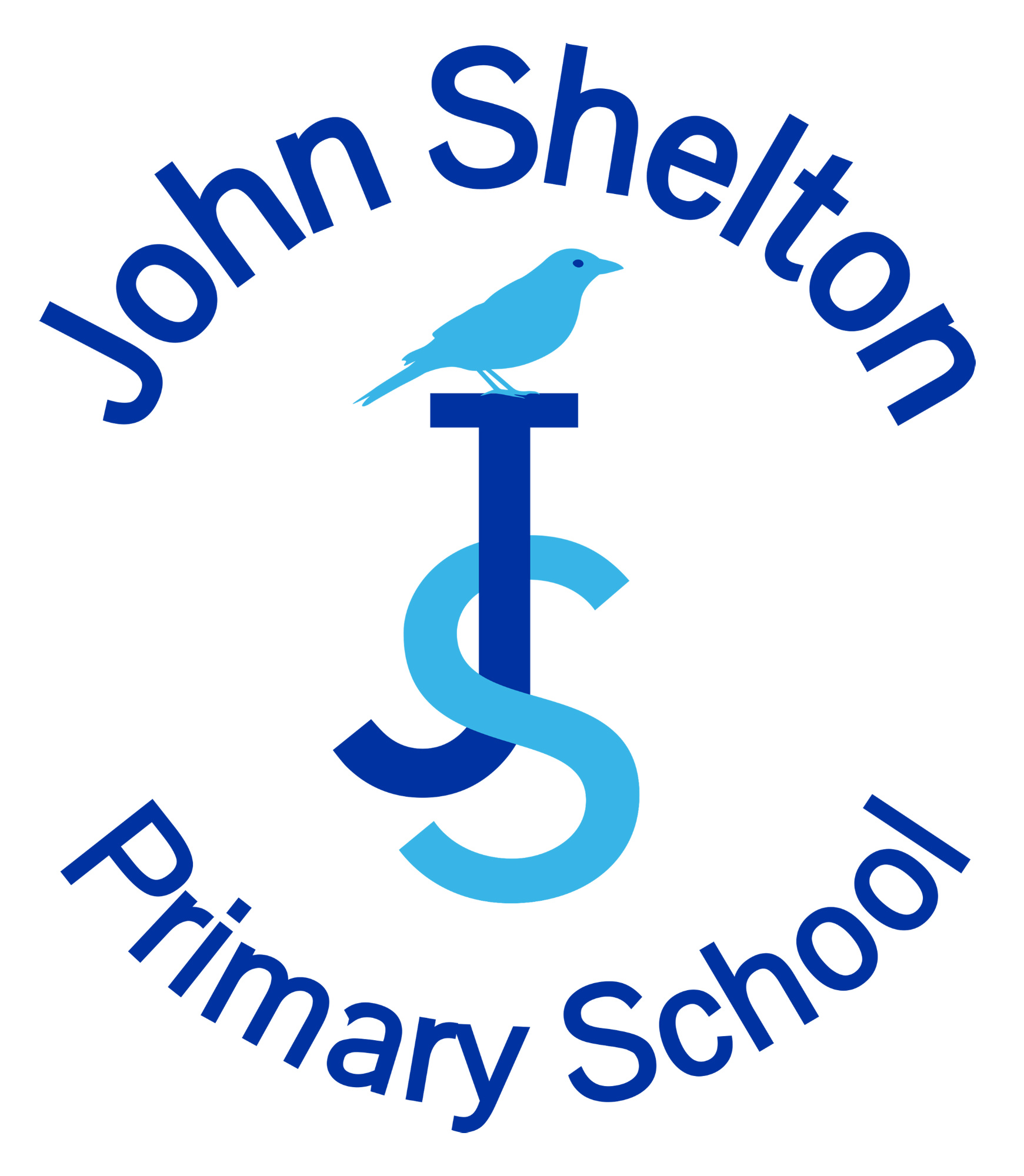Geography
Intent
Through the teaching of geography at John Shelton, children are provided with opportunities to understand the world around them and their place within it. Children are encouraged to develop their curiosity and ask, as well as answer, questions linked to their learning and their wider interests and knowledge about the subject. Our intent is for children to appreciate a range of places, people and environments through a foundation of understanding the Earth’s key human and physical processes and features. Children will become geographers through the use of maps, globes, aerial photographs and digital mapping which will enable them to collect and present information in a variety of ways. Children will acquire transferable knowledge and skills, seeing the value and importance of the subject both within school and for its future importance linked to their roles as global citizens. The use of subject-specific vocabulary is key to helping our children develop their confidence when discussing the subject and their learning.
Implementation
Beginning with the National Curriculum, children will engage with a sequence of lessons in each geography unit. In Key Stages One and Two, all units link to a unit taught in a previous year group, giving children opportunities to revisit learning and build upon their knowledge. For example, the first unit children will cover in Year 1 links to EYFS Understanding the World and will specifically develop children’s understanding of maps and routes. The geography progression map has been organised into knowledge and skills for each strand and across each Key Stage. Units begin with an open-ended, over-arching enquiry question which children will work towards answering with each lesson given its own small-step question. Knowledge and skills will be developed over the unit enabling children to answer the main unit question in detail. Our youngest children will begin by studying their local area before investigating places further afield. However, children will always return to their local environment in order to put to use their fieldwork skills which have been developed throughout each year. Children have access to a variety of resources to support and develop their learning including a range of maps, atlases and digital technology. Key knowledge and vocabulary are set out at the start of each unit in Knowledge Organisers. Knowledge is kept track of through the use of Progress Pauses and quizzes. Within each unit, there is an opportunity for a purposeful, written outcome. Other learning is evidenced in a variety of ways, utilising cross-curricular links where appropriate. In individual lessons, children can expect high challenge and opportunities for discussion to consolidate their new learning.
Impact
Teachers measure the impact of our geography curriculum within lessons through the use of questioning and marking of learning outcomes. Knowledge retention is key for our children and they are supported through regular recall and retrieval practice. Progress Pauses allow teachers to identify gaps in knowledge as well as any misconceptions and adapt planning accordingly. Data from end of unit quizzes is collected analysed and children who require extra help are identified and supported. Subject leaders and SLT monitor books, undertake learning walks and complete pupil voice in order to identify next steps across the subject, offer support where needed and ensure knowledge retention is developing.
Children at John Shelton will:
- Have a deep understanding of their local environment and a developing understanding of the wider world
- Understand their impact on the environment and in turn, their responsibility for it
- Understand and use geographical vocabulary confidently
- Utilise a wide range of geographical knowledge and skills
- Have a curiosity about the world and a thirst to find out more
